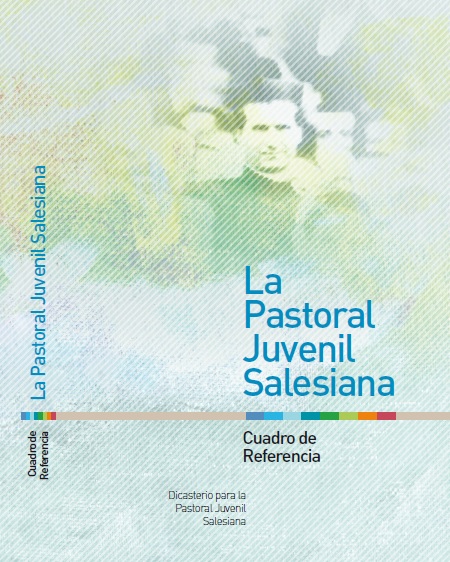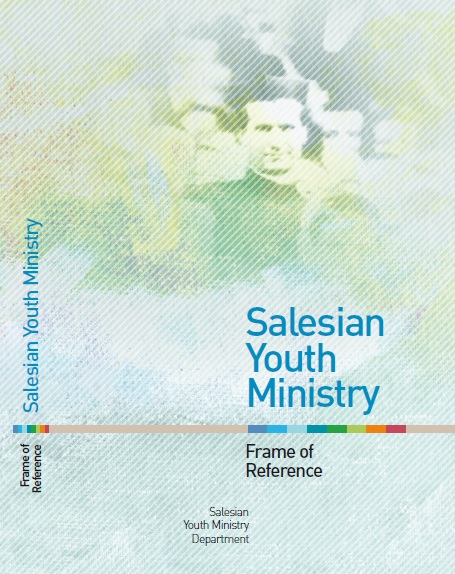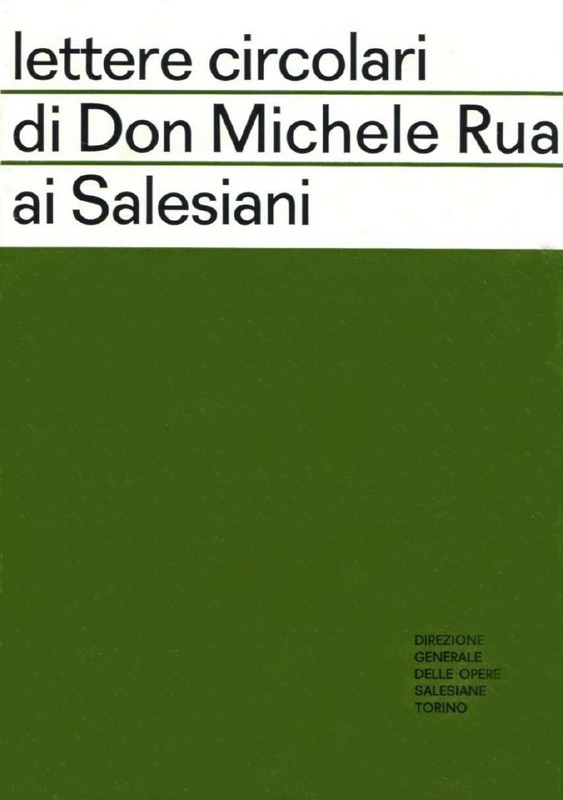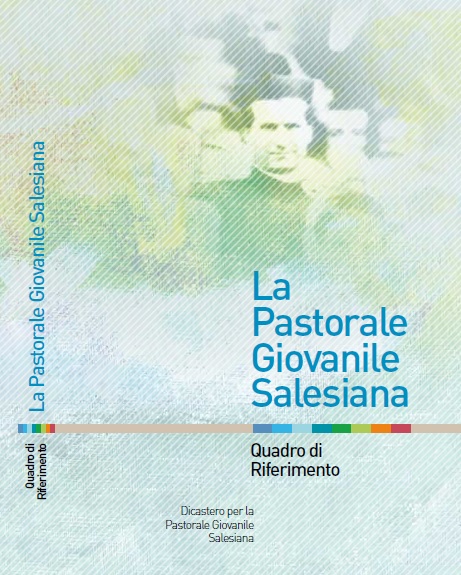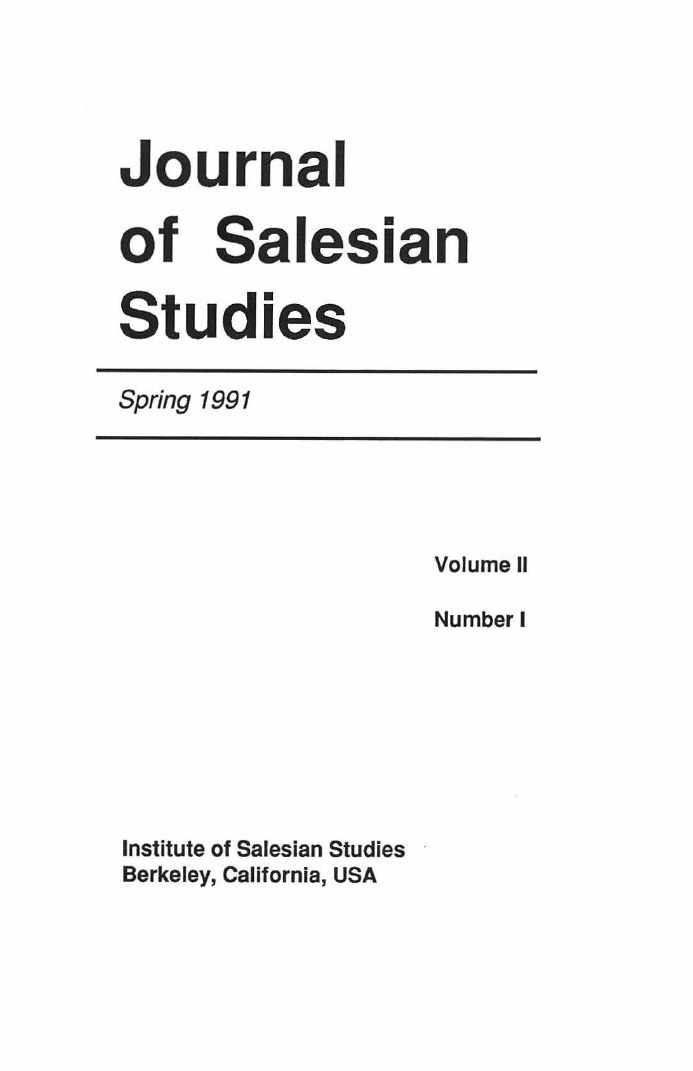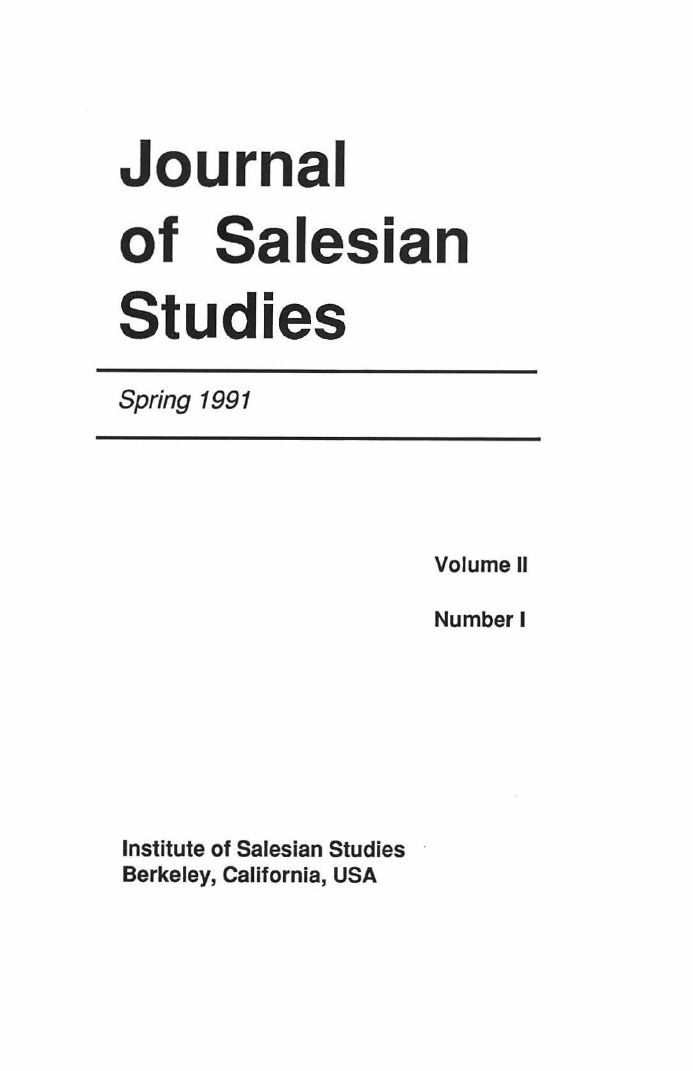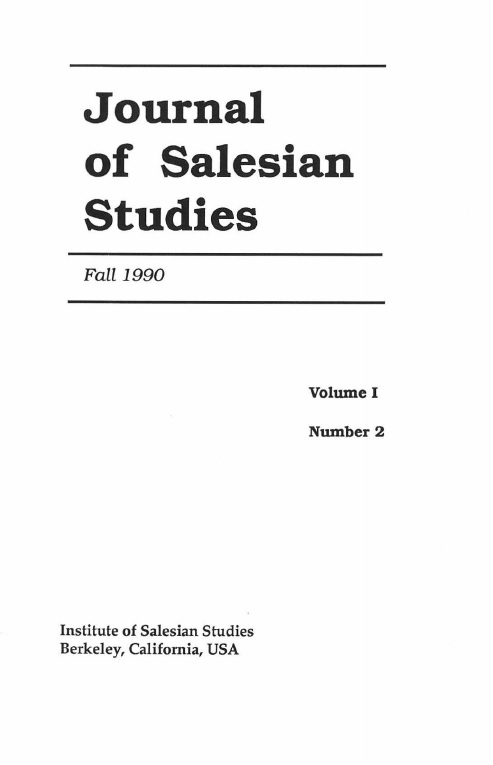Fullness of life and the happiness of human beings is the ultimate purpose of the plan of God. The Gospel of Christ shows great trust in humanity. It demands that we pay attention to the unique reality of every person and their willingness to accept their vocation and destiny in Christ, the perfect man. The Gospel proposes the good news (the person of Christ) who invites everyone to share in Christ’s sonship, the foundation of the freedom and dignity of every person. Don Bosco educated and evangelised by carrying out a project of holistic development. He saw education as the growth of the person, with all the means necessary to assist the person. Evangelisation inspires people to the fullness of life offered in Jesus and enlightens them in its pursuit, always respecting the developing conscience of each person. Finally, regarding the choice of fi eld of ministry, we are sent to the poor, especially the poorest, and to ordinary class environments, where we seek to humanise and evangelise the culture. Continue reading “Salesian Youth Ministry Department – “Evangelising and educating: our apostolic identity” in “Salesian Youth Ministry”” →
